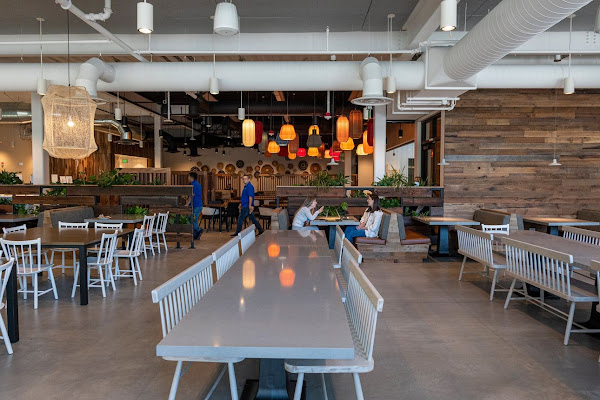Among the equipment changes, Google is pausing refreshes for laptops, desktop PCs and monitors. It’s also
changing how often equipment is replaced, according to internal documents viewed by CNBC.Google employees who are not in engineering roles but require a new laptop will receive a Chromebook by default. Chromebooks are laptops made by Google and use a Google-based operating system called Chrome OS.
It’s a shift from the range of offerings, such as Apple MacBooks, that were previously available to employees.
It also provides the best opportunity across all of our managed devices to prevent external compromise, one document about the laptop changes said.
Under a section titled “Desktops and Workstations”, the company said CloudTop, the company’s internal virtual workstation, will be
the default desktopfor Googlers.In February, CNBC reported the company asked its cloud employees and partners to share desks by alternating days and are expected to transition to relying on CloudTop for their workstations.
Jennifer Elias
Adopting various savings measures is a fine way to adapt to a challenging economic outlook – certainly better than bluntly laying people off, or cutting their maternity and medical leaves – but these should be handled prudently as well. Cutting down on snack bars and cafeterias is a no-brainer, especially since employees are not coming into the offices five days a week as prior to the pandemic – in fact, I struggle to see why these services haven’t been downsized much sooner, in 2021 or even last year.

Forcing non-engineers to use Chromebooks though sounds awful. While I haven’t used a Chromebook before, in my experience Google’s office suite is clearly inferior to Microsoft Office for functionality and speed, and a big part of that is because you’re confined to a browser as opposed to native software. Making their internal virtual workstation CloudTop the default could cause similar frictions and inefficiency. I worked on a virtual desktop for years at a previous job (a Citrix solution) and me and my colleagues regularly struggled with its latency, unreliability, and lack of access to local peripherals. Maybe Google can smooth out these issues on their machines, but I much prefer to at least have the option of working locally for the odd times when the internet connection is unsteady, or you want to disconnect from internal chatter and focus on a particular task.
Update: A report called Chromebook Churn has found that cheap Chromebooks, due to their short lifespans and lack of repairability, are both less sustainable and more expensive for schools than pricier devices might be – another argument against deploying Chromebooks in large numbers. Granted Google could work around issues like availability of replacement parts if they keep stocks of similar devices, but their short lifespan would still increase costs down the line.
Post a Comment